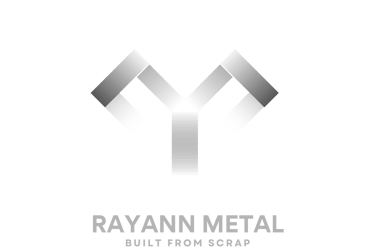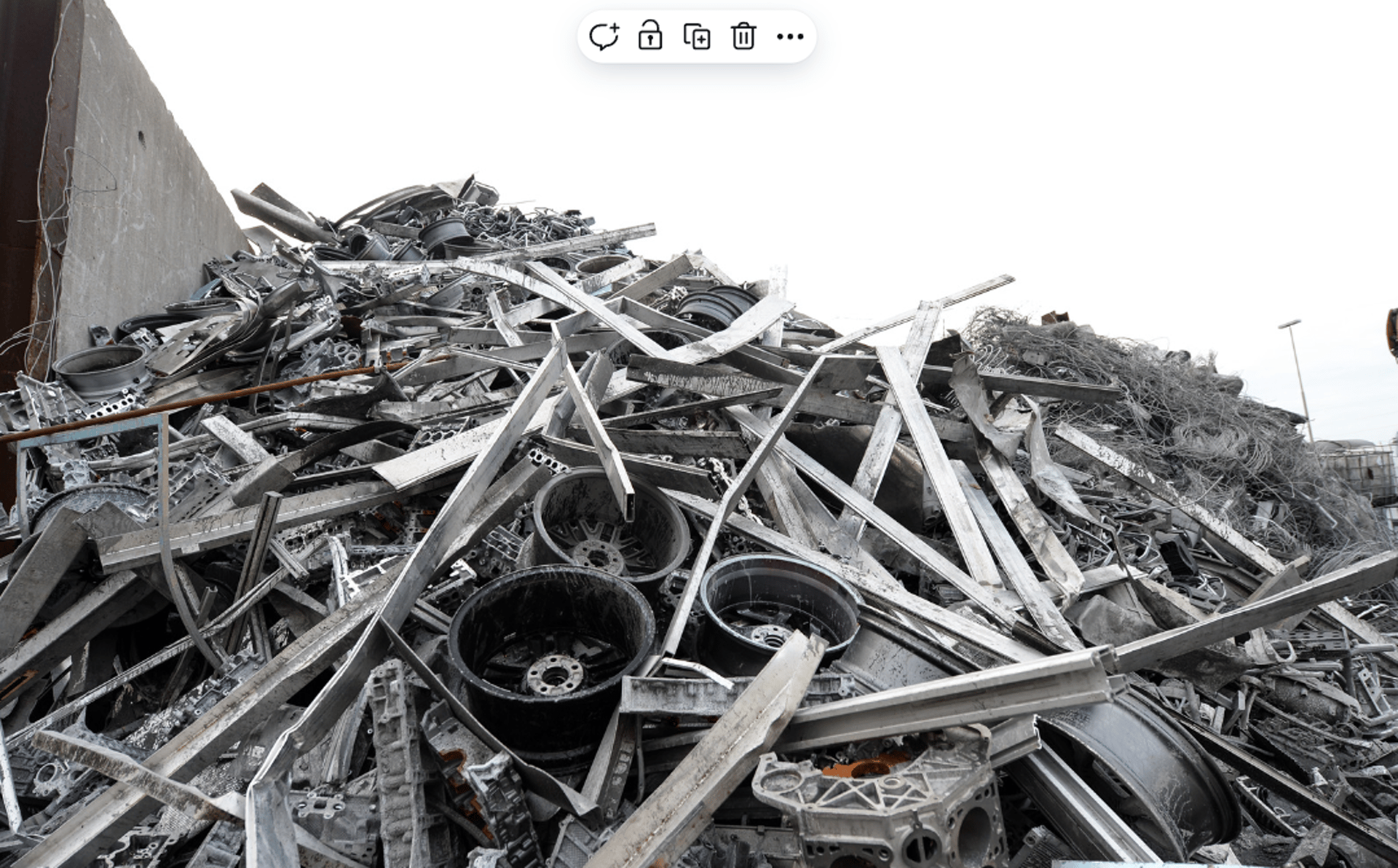
TYPES OF ALUMINIUM SCRAP WE COLLECT
ALUMINIUM EXTRUSION 6063
Aluminium extrusion scrap, particularly from the 6063 series, is often sourced from window frames, door profiles, and other architectural applications. To maintain consistent melt quality, it's essential that the material is sorted and kept free from coatings, insulation materials, and any non-aluminium components. Small amounts of 6061 alloy can be tolerated, but the presence of mixed alloys or painted profiles should be strictly limited to ensure uniform chemical composition during recycling.
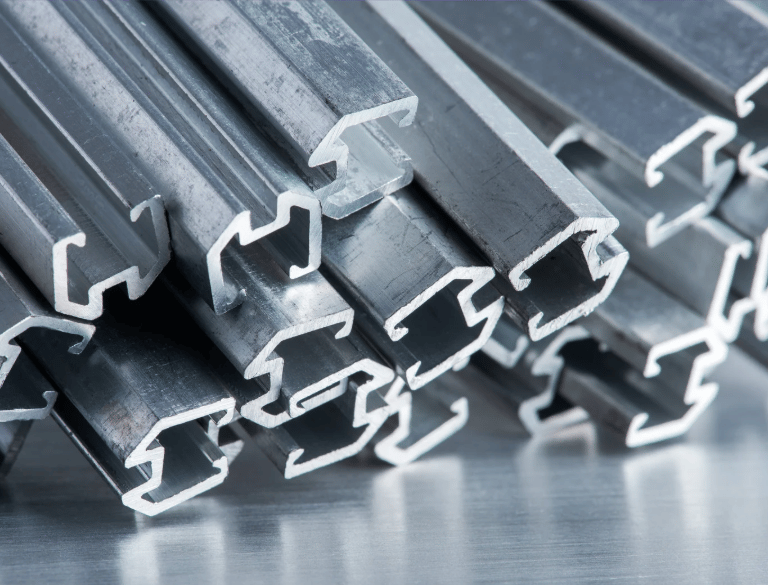

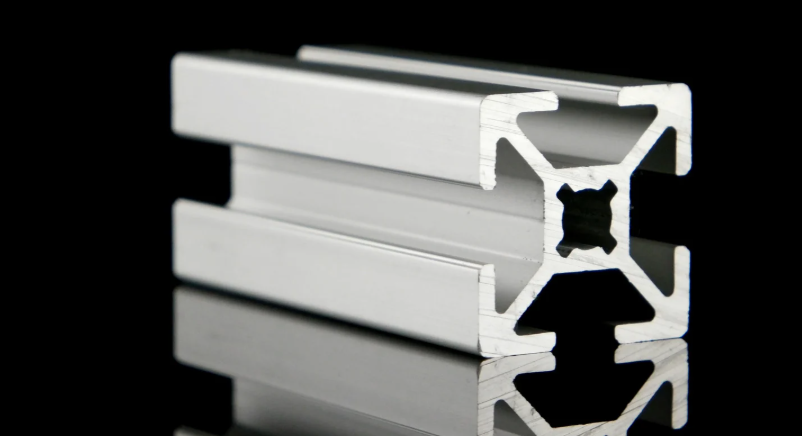

ALUMINIUM TENSE
Clean aluminum cast scrap typically comes from dismantled automotive or aerospace components and is sought after for its high metal purity. Only uncoated and contamination-free pieces are accepted—no ingots, brass attachments, or ferrous materials should be present. For optimal furnace efficiency, the material should also have minimal oil or grease, not exceeding 2% by weight.
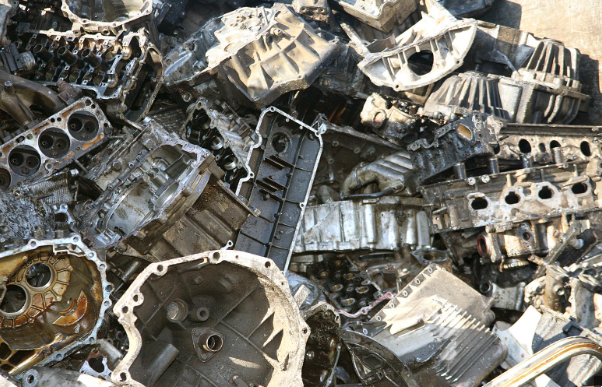

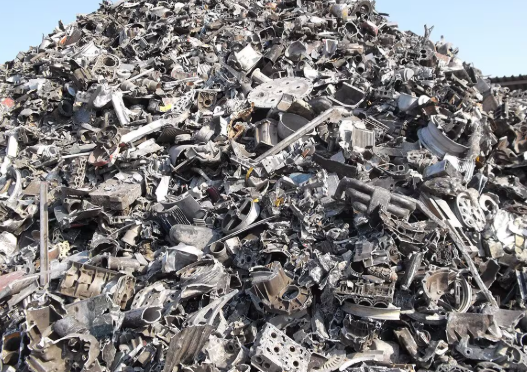

USED BEVERAGE CANS (UBC)
Sorted aluminum beverage can scrap must meet specific bulk density standards, typically falling between 12 and 17 pounds per cubic foot. The material should be cleanly separated using magnetic processes to eliminate steel and other ferrous metals. Contaminants such as lead, plastic, glass, wood, and non-beverage aluminum items are strictly prohibited. A fine content of more than 5% (under 4 mesh) is not acceptable, and any trace of free lead will result in outright rejection. Buyers and sellers must agree in advance if any deviations from these standards are expected.




ALUMINIUM TALON
Premium-grade aluminum wire scrap should be composed of pure, uncoated wire or cable with no traces of insulation, copper, steel, or fine wire strands. Whether chopped or shredded, the material must be clean and free from non-metallic contaminants or small particles below 20 mesh. To qualify, the aluminum content should be no less than 99.45%, ensuring suitability for high-quality remelting applications.
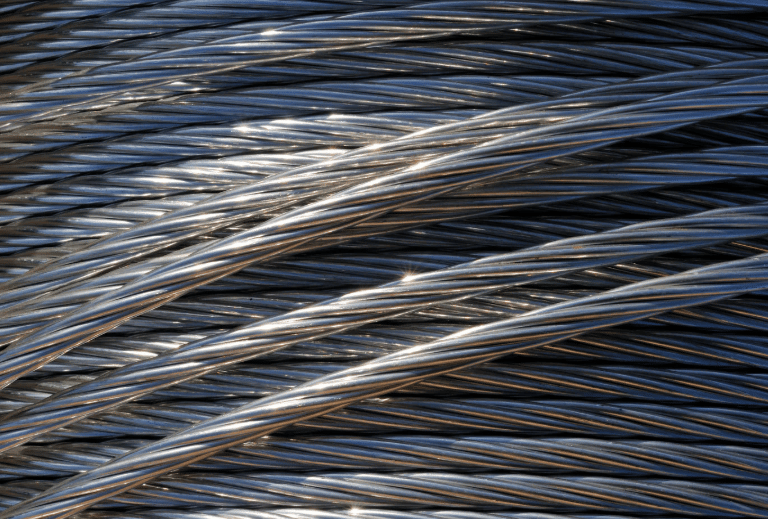

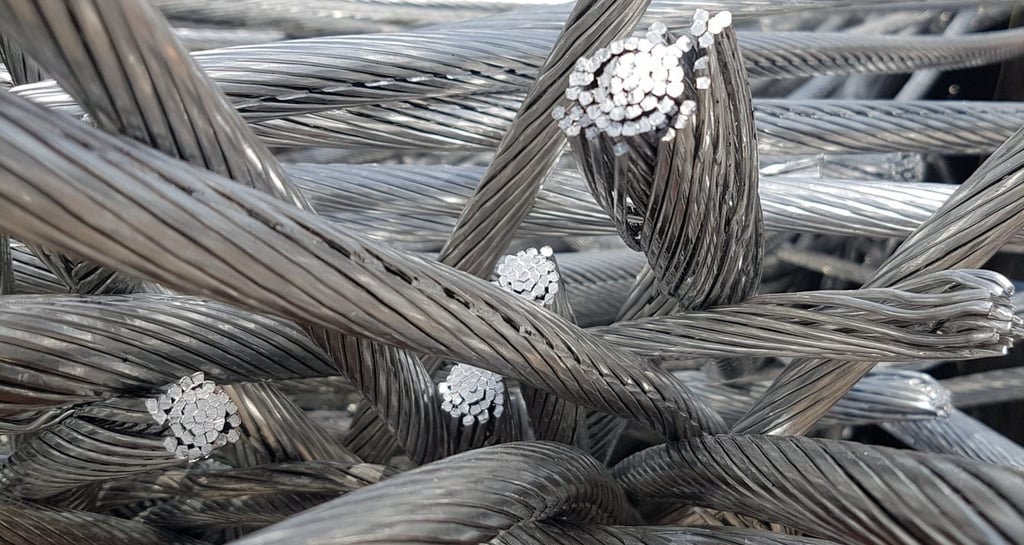

ALLOY WHEELS
Aluminum auto wheels classified under 356 grade should be clean, one-piece, and made from a single alloy type, typically sourced from OEM vehicle manufacturing. Only unplated, unpainted wheels are accepted, with no attachments such as valve stems, steel inserts, wheel weights, or rubber tires. The material must be completely free of grease, oil, and any non-metallic substances. Multi-piece, chrome-plated, or mixed-alloy wheels are strictly excluded. This grade is highly valued for its consistent composition and melting characteristics, making it ideal for high-quality secondary aluminum production.
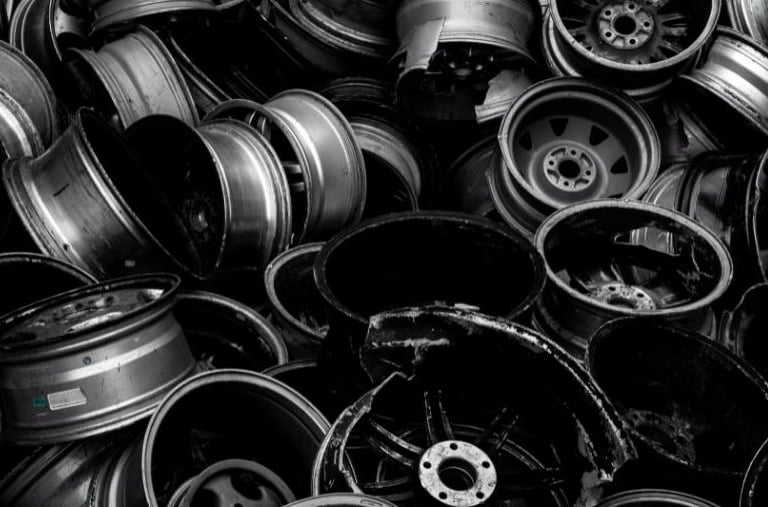

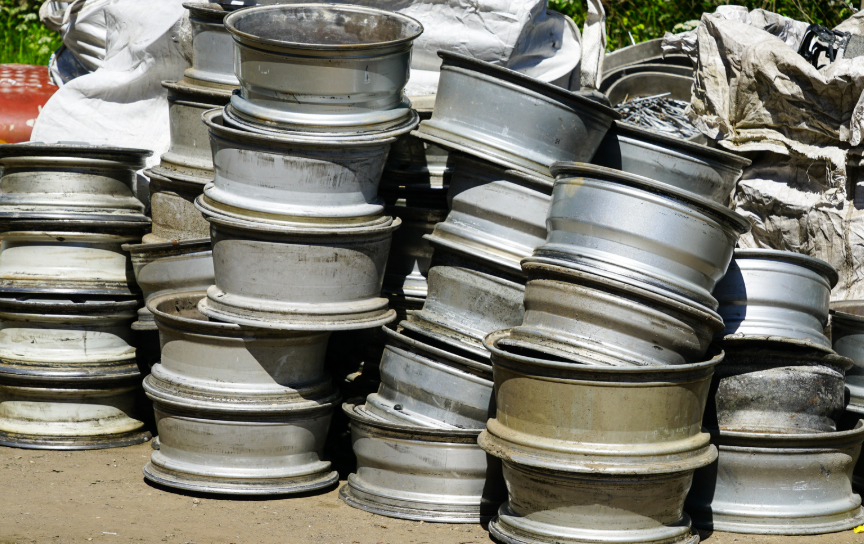

Aluminum in the 1000 series category is recognized for its exceptional purity, containing at least 99% aluminum by weight. These grades are non-heat treatable but can be strengthened through cold working processes such as rolling or drawing. Due to their excellent corrosion resistance, thermal conductivity, and formability, they are commonly used in electrical applications, food packaging, and chemical equipment. This series is ideal when high ductility and conductivity are prioritized over strength.
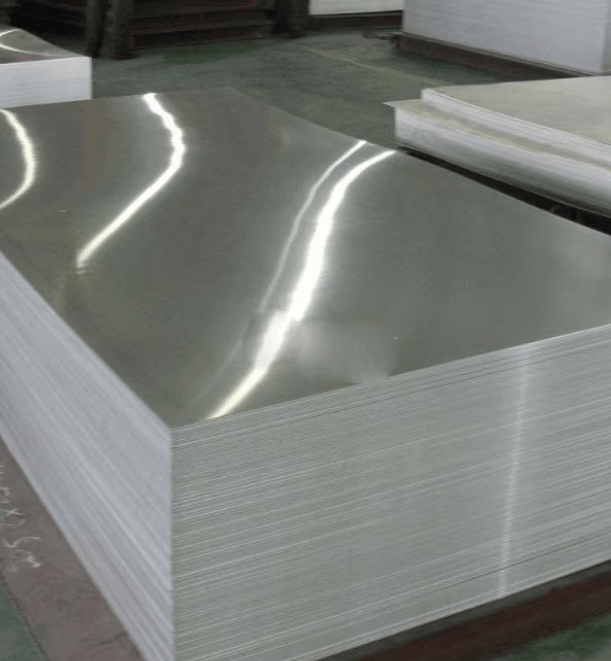

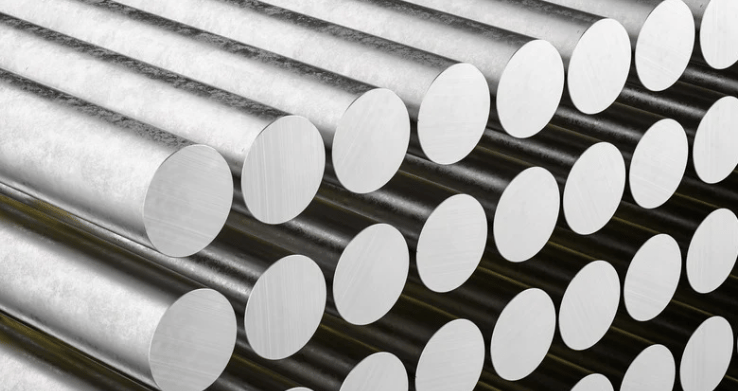

TAINT TABOR
Mixed alloy sheet scrap refers to clean, flat aluminum sheets composed of two or more alloy types, typically from industrial or construction sources. This material must not include aluminum foil, thin wires, window blinds, food or drink packaging, radiator parts, cast components, or any aircraft-grade sheets. Non-metallics such as plastic, dirt, or debris are strictly prohibited. Oil and grease content should not exceed 1% by weight. A tolerance of up to 10% of painted or coated sheet (commonly known as Tale) is acceptable within the load.
ALUMINIUM 1000/5000 SERIES
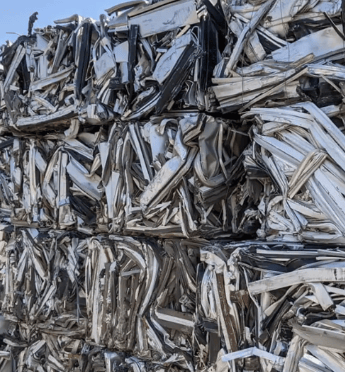

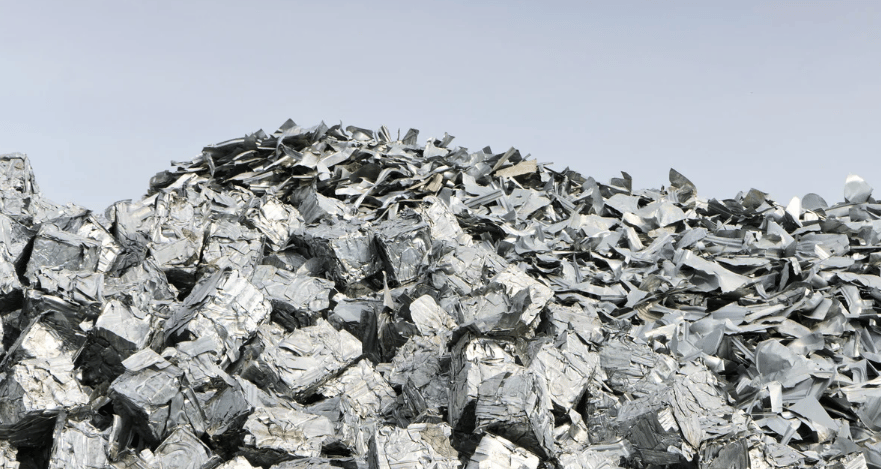

No. 25, BLK 1, Jalan 3/101c, Cheras Business Centre, 56100 Cheras, Federal Territory of Kuala Lumpur
+601116301415
admin@rayannmetal.com
